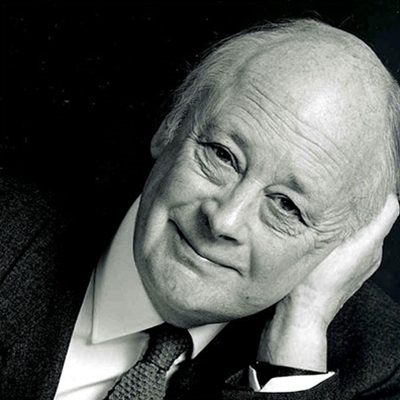To provide the best experiences, we use technologies like cookies to store and/or access device information. Consenting to these technologies will allow us to process data such as browsing behaviour or unique IDs on this site. Not consenting or withdrawing consent, may adversely affect certain features and functions.
The technical storage or access is strictly necessary for the legitimate purpose of enabling the use of a specific service explicitly requested by the subscriber or user, or for the sole purpose of carrying out the transmission of a communication over an electronic communications network.
The technical storage or access is necessary for the legitimate purpose of storing preferences that are not requested by the subscriber or user.
The technical storage or access that is used exclusively for statistical purposes.
The technical storage or access that is used exclusively for anonymous statistical purposes. Without a subpoena, voluntary compliance on the part of your Internet Service Provider, or additional records from a third party, information stored or retrieved for this purpose alone cannot usually be used to identify you.
The technical storage or access is required to create user profiles to send advertising, or to track the user on a website or across several websites for similar marketing purposes.
 It used to be said that the UK was a nation of lions led by donkeys. Now it would appear that the country has become as stubborn as mules at every level. The new survey from Right Management claims there is a growing culture of resistance to change across the UK workforce, particularly among women, older employees, and public sector professionals. (more…)
It used to be said that the UK was a nation of lions led by donkeys. Now it would appear that the country has become as stubborn as mules at every level. The new survey from Right Management claims there is a growing culture of resistance to change across the UK workforce, particularly among women, older employees, and public sector professionals. (more…)

































April 23, 2025
What kind of change leader do you want to be?
by Jennifer Bryan • Business, Comment, JB